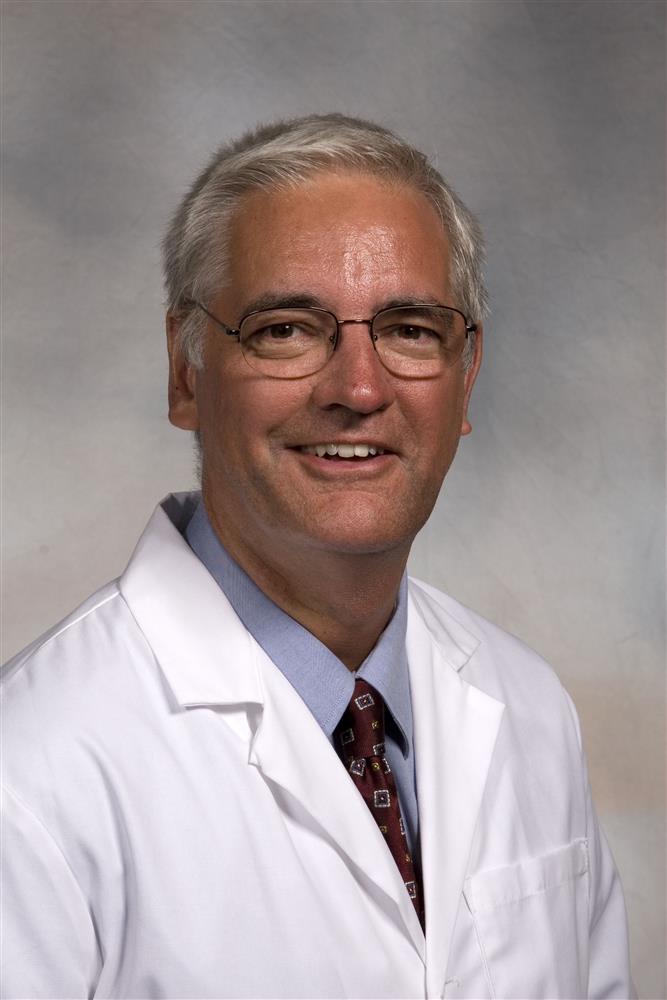Awareness, cost, availability of care, all hurdles to colon cancer treatment in Mississippi

Mississippi has seen less success in combating colon cancer than other states due to poor awareness about the disease, less access to primary care providers and the cost of care in a low-income state, said Dr. Christopher Lahr, University of Mississippi Medical Center associate professor of surgery and the state's only colorectal surgeon.
A report released on Tuesday by the Centers for Disease Control and Prevention found that Mississippi was the only state with no change in colon cancer deaths between 2003 and 2007.
Rates for most states declined more than 1 percent during that period, with some declines as great as 6.5 percent.
For the CDC's full report, visit http://www.cdc.gov/vitalsigns/
CancerScreening/index.html.
Colon cancer is very treatable, said Lahr, who stressed the importance of regular screening.
"Colon cancer is one of the few cancers that's almost preventable because the screening is so effective," he said.
Primary care physicians can check for abnormalities with a simple rectal exam. Most colon cancers begin in the form of polyps, which can be removed during a colonoscopy, Lahr said.
"If you catch it in the earliest stages, 95 percent of cases can be successfully treated," Lahr said. "Here in Mississippi, we see a much larger number of patients presenting in the later stages."
He attributes that to a lack of education about the importance of getting screened, as well as hurdles to accessing care, including cost, distance, transportation and number of providers.
Colon cancer can run in families, Lahr said, with approximately 20 percent of cases linked to heredity. Furthermore, it's a disease that increases in likelihood with age. People over 50 should get screened more often, the CDC said.
"Colon cancers are slow-growing," Lahr said. "So if we catch it early we can remove them without requiring chemotherapy."


